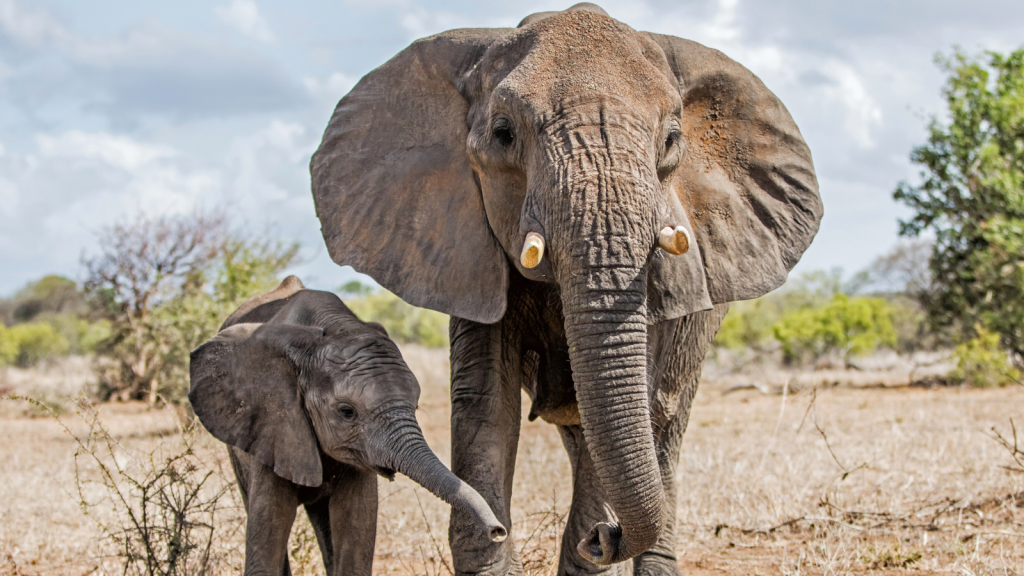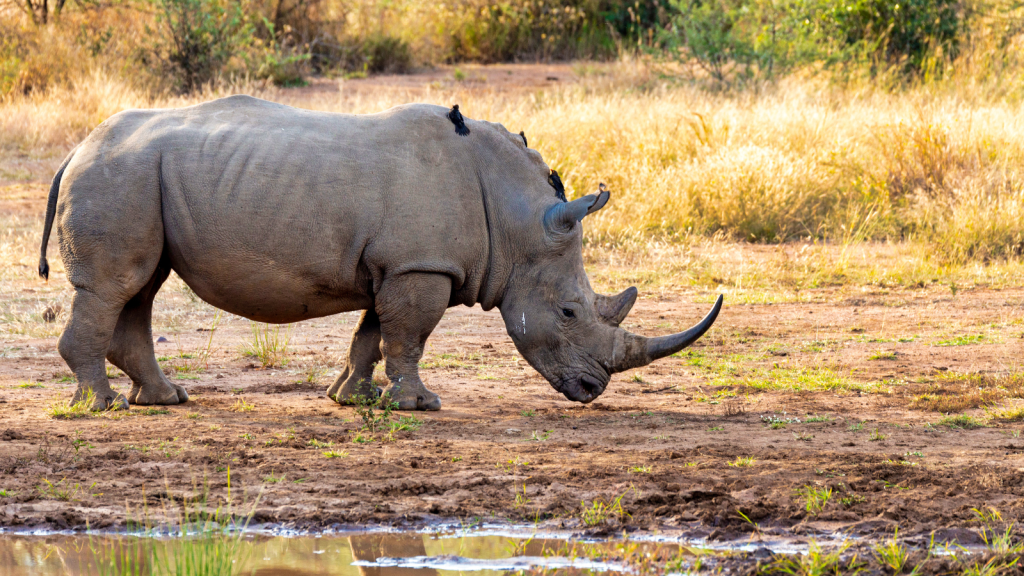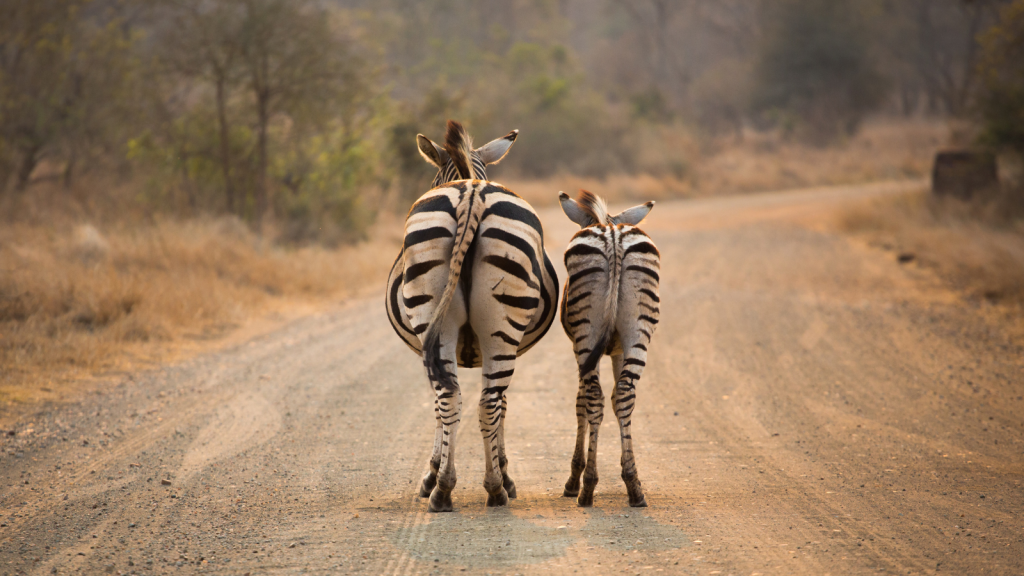Kruger National Park, one of Africa’s largest game reserves, is not only a treasure trove of wildlife but also a symbol of the continent’s rich natural heritage. Spanning nearly 20,000 square kilometres, the park is home to the “Big Five” and countless other species, from majestic elephants and lions to diverse birdlife and unique plant species. But behind its iconic wildlife and stunning landscapes, a significant conservation story unfolds—a story of dedication, collaboration, and commitment to preserving this sanctuary for future generations.
For those visiting on a kruger national 2 day tour or even a 3 day kruger safari from Cape Town, it’s essential to understand that every sighting of a rhino or a lion comes as a result of continuous conservation efforts that ensure these creatures continue to roam freely. These efforts go far beyond the visible safaris and tours, diving deep into strategies that tackle poaching, habitat preservation, and community engagement.

The Fight Against Poaching
One of the most pressing threats to Kruger’s wildlife is poaching, particularly of rhinos. Kruger has long been a battleground in the fight against illegal poaching, as demand for rhino horns and ivory continues to fuel an illicit market. Over the years, rangers, non-profit organisations, and local governments have teamed up to protect the rhino population, which has been under siege for decades.
Anti-poaching teams use drones, surveillance technologies, and specialised tracking dogs to monitor the park. Rangers patrol vast areas, often risking their lives to protect the wildlife. Tourists on a 2 day Kruger safari from Johannesburg or a Kruger safari from Cape Town may not witness these efforts directly, but they play a crucial role in supporting these initiatives simply by visiting and raising awareness.
Preserving Habitats and Ecosystems
While Kruger’s wildlife is the primary attraction for most visitors—whether you’re on a Kruger 2 day safari, a Johannesburg Kruger National Park tour, or a longer 3 day Kruger safari—the park’s vast landscapes are just as vital. The ecosystems within the park range from savannahs to riverine forests, each supporting a unique set of flora and fauna.
Conservationists work tirelessly to ensure that the park’s habitats remain pristine, fighting against invasive species and mitigating human-wildlife conflict. Kruger National Park’s ability to sustain such a wide variety of species relies on maintaining a delicate balance within its ecosystems. This means managing water sources, preventing overgrazing, and ensuring that plant species critical to the diet of herbivores thrive.

Engaging Local Communities
A crucial aspect of Kruger’s conservation efforts involves the engagement of surrounding communities. For long-term conservation success, it is essential that local populations see the park as an asset rather than a hindrance to their livelihoods. Various programs have been introduced to provide jobs, education, and income opportunities through eco-tourism.
Visitors opting for Kruger tours from Johannesburg or Kruger park tours from Johannesburg indirectly contribute to these initiatives. By supporting local businesses and staying in accommodations that partner with conservation groups, tourists play an active role in the ongoing preservation of Kruger’s natural wonders.
The Role of Ecotourism
Eco-tourism is a key pillar in protecting Kruger’s legacy. Every visitor who books a Kruger national park tour package, whether it’s a 2 day Kruger safari or an extended Kruger national park 3 day tour, is helping fund critical conservation projects. Lodges and tour operators within the park often donate a portion of their profits to wildlife protection programs, anti-poaching units, and habitat restoration efforts.
For example, when booking a 3 day Kruger safari from Johannesburg, or a more budget-friendly 3 day budget Kruger safari, a percentage of the fees goes toward maintaining the park’s infrastructure, supporting ranger salaries, and investing in sustainable tourism practices. Visitors should look for eco-friendly tour operators that emphasise low-impact travel, such as smaller group tours or walking safaris, which help minimise the environmental footprint while offering a more intimate wildlife experience.

Monitoring and Research
Kruger is also home to numerous research initiatives that provide critical data for conservation efforts. These projects include tracking animal movements, studying predator-prey dynamics, and monitoring the effects of climate change on the park’s ecosystems. Tourists embarking on a Kruger safari from Johannesburg or a Kruger park 3 day safari are likely to pass by some of these research stations, which are crucial in shaping conservation policies.
The research conducted in Kruger informs not only local strategies but also global conservation efforts. Studies from the park help scientists and conservationists worldwide understand how to protect species in other parts of the globe, demonstrating that Kruger’s impact extends far beyond its borders.
Planning Your Visit to Support Conservation
When planning your trip to Kruger, whether it’s a kruger national park safari or a kruger day tour, consider the conservation impact of your choices. Opt for tour packages that promote sustainability, such as cape town and kruger safari packages or kruger national park packages from cape town, which often partner with conservation projects. These packages not only offer tourists a chance to see the beauty of Kruger firsthand but also ensure that their visits contribute to its long-term preservation.
A journey from Johannesburg to Kruger National Park is not just about the adventure; it’s about becoming part of a legacy. Whether you’re looking at a map of Kruger National Park to chart your safari route or researching Kruger safaris, remember that every step you take inside this magnificent park is supported by a network of efforts designed to preserve its wildlife and landscapes for future generations.

The Future of Kruger’s Conservation
Looking ahead, the future of Kruger’s conservation lies in collaboration. Government bodies, non-profits, scientists, and tourists must all work together to ensure that this incredible natural reserve remains protected. The Kruger National Park safari packages available today are the result of years of collaboration, and continued success depends on further innovation and unity in the face of new challenges like climate change and increasing human-wildlife conflict.
As you embark on your Kruger National Park safaris—whether it’s a brief Kruger national park day tour or an immersive 3 day safari Kruger National Park—take a moment to appreciate the intricate efforts that go into every animal sighting and every preserved landscape. Protecting Kruger’s legacy is a continuous journey, and your visit plays a part in that narrative.
So, the next time you wonder how to get from Johannesburg to Kruger National Park, remember that your adventure is more than just a trip. It’s a vital contribution to the preservation of one of the world’s most iconic wildlife reserves.



